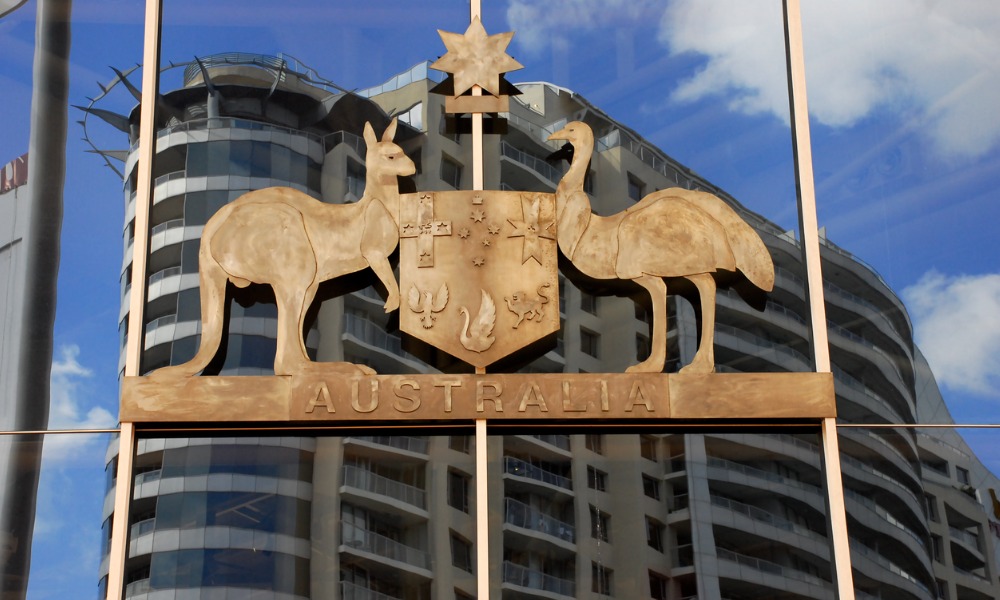
Government acknowledges legislation could increase costs – but it would also 'address pay disparities for labour hire employees'

Australian mining giant BHP has remained critical of the government's latest tranche of industrial relations reforms, warning that they would cut productivity and hike costs for businesses.
The government tabled in Parliament this week its Closing Loopholes Bill, aimed at addressing the so-called "labour hire" loophole, among other things.
"The labour hire loophole is where an employer and employees have agreed in an enterprise agreement to a particular rate of pay for particular work – but then the employer brings in different workers through labour hire to undercut that rate of pay because they're technically employed by a different employer," Employment Minister Tony Burke said.
In an interview with Sky News, Burke revealed it is principally the mining and aviation industries that engage in such practices.
Through the bill, the government aims to close the labour hire loophole by allowing employees, unions, and hosts to ask the Fair Work Commission for an order that will get labour hire employees receive the same wages in a host's enterprise agreement.
BHP previously claimed that this policy would cost the company up to $1.3 billion annually and potentially affect its workforce.
The government in its explanatory memorandum addressed this claim after the BHP provided further information on the matter.
"The department has considered this information and does not consider that it aligns with the scope and anticipated application of this proposal," the explanatory memorandum said.
But BHP said it remains deeply concerned, reported the Australian Financial Review.
"We remain deeply concerned that this bill will create further uncertainty and complexity for no gain in productivity, reduce the ability of Australian industry to successfully compete in the global arena, and ultimately increase costs for businesses and consumers at a time of already high inflation," BHP Minerals Australia president Geraldine Slattery said.
Following similar remarks from various business groups, the Minerals Council of Australia (MCA) said Burke's introduction of the bill masks its broader impact and true costs to Australians.
"The Albanese government's industrial relations changes are fundamentally flawed and will inflict immense harm to the Australian economy, further damage productivity and compound the cost of living pressures on households," MCA CEO Tania Constable said in a statement.
"Productivity and jobs will be the ultimate casualty."
The government in its explanatory memorandum acknowledged that the bill could hike labour costs for some businesses.
But the proposal is "intended to protect bargained wages and address pay disparities for labour hire employees," according to the memorandum.
"It is also intended to remove an economic incentive for hosts to prioritise externally sourced labour over direct employment, especially where work is ongoing as part of the host's business. If the proposal does result in a reduction in the use of labour hire, an increase in direct employment is reasonable to expect if hosts still need work to be performed."